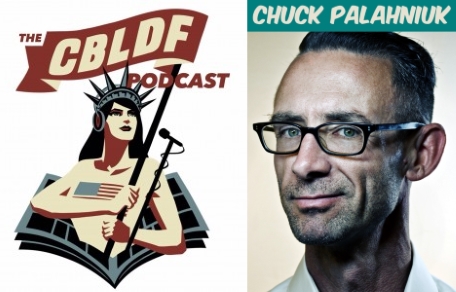
Fight Club is worth preserving for its aphorisms alone. You don’t need me to tell you that this book is endlessly quotable - the chances are that you’ve heard all these lines repeated many times before. “I wanted to destroy everything beautiful I’d never have.” It’s only after you lose everything that you’re free to do anything.” “The things you used to own, now they own you. “This is your life and its ending one moment at a time.” Tylor Durden may cause endless controversy, but there’s no arguing about how forcefully he expresses himself: After all, it’s the skill in the writing that gives all those concepts and ideas such impact. The ideas in the book are all so fist-in-your-face, I didn’t pause to think about whether I should open the discussion on the Reading Group last week by asking about Fight Club’s politics - it just felt right.īut now, I’d like to redress the balance. The ideas and politics in Fight Club are so overwhelming, it is hard to focus on it simply as a piece of writing. It took a while for Fight Club to go big: when it came out, it was the debut novel from an unknown writer with an initial print run of 10,000 copies (which took years to sell). It’s also possibly because there weren’t that many critical reviews in the first place.

This is partly thanks to the fact that it came out in 1996, just before the internet started preserving book reviews for posterity. What I haven’t seen is much discussion of the book as a work of art. I’ve also seen lots of political opinion purportedly built from the book, on the likes of the websites that mentioned in last week’s Reading Group article.

I’ve seen dozens of articles about real life Fight Clubs, about “constructs of masculinity”, patriarchal power, and similar.


 0 kommentar(er)
0 kommentar(er)
